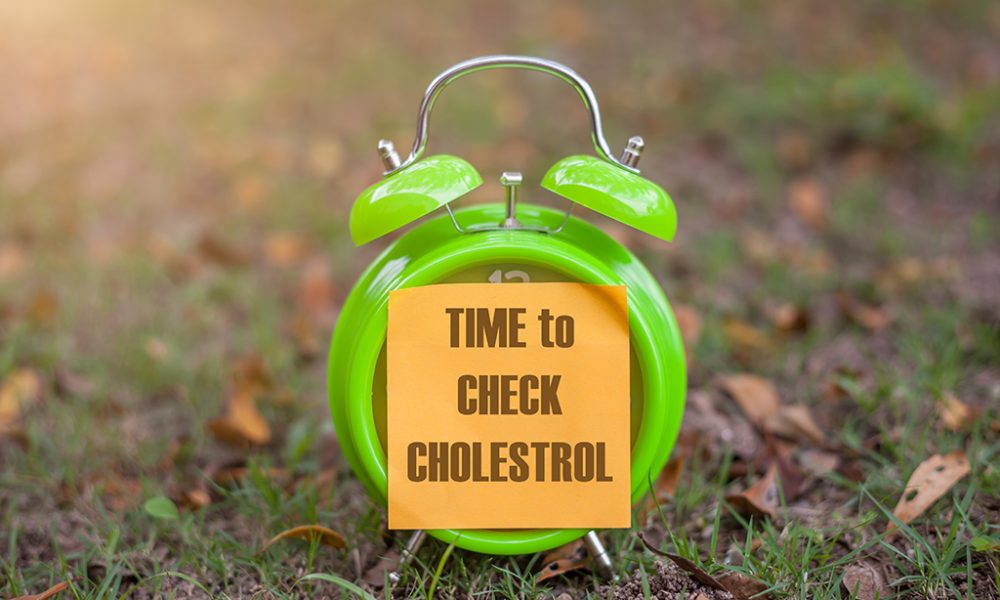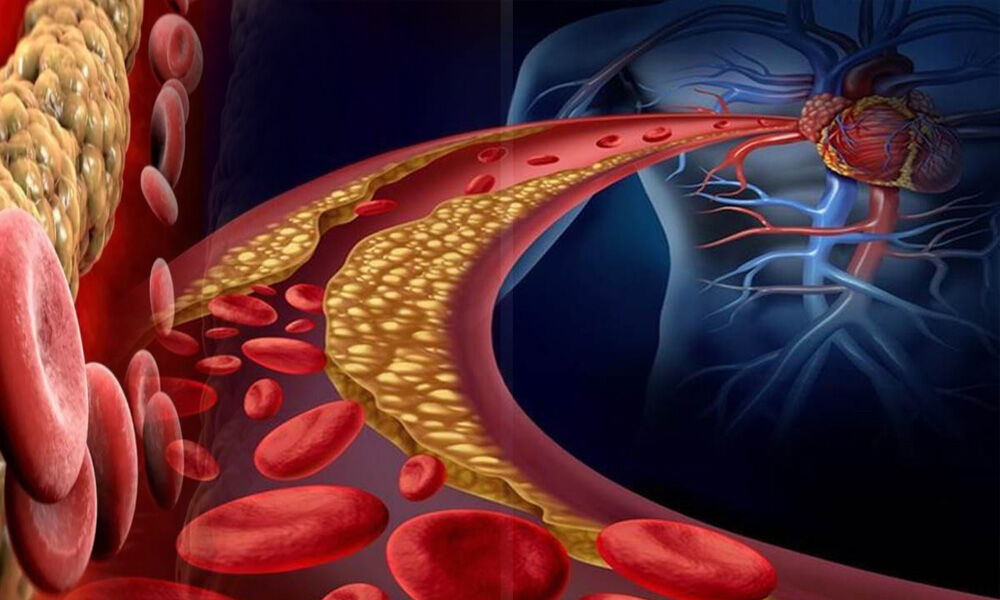Cholesterol is a type of fat that is essential for the normal functioning of our body. It is needed to build cell membranes, produce hormones, and aid in digestion. However, high levels of LDL (low-density lipoprotein) cholesterol in the blood can increase the risk of heart disease. Due to its importance and potential risks, cholesterol has been the subject of numerous myths and misconceptions. Let’s debunk some of the most common ones and separate fact from fiction.
Myth: All cholesterol is bad and should be avoided
Fact: Cholesterol is not all bad. Our body needs cholesterol to function properly, and not all types of cholesterol are harmful. HDL (high-density lipoprotein) cholesterol is considered “good” cholesterol because it helps remove LDL cholesterol from the bloodstream. The key is to maintain a healthy balance between HDL and LDL cholesterol levels.
Myth: Eating cholesterol-rich foods is the main cause of high cholesterol
Fact: The amount of cholesterol you eat does not have a significant impact on your blood cholesterol levels. In fact, the liver produces most of the cholesterol in your body, and genetics can also play a role in cholesterol levels. However, a diet high in saturated and trans fats can increase LDL cholesterol levels and increase the risk of heart disease.
Myth: Statins are the only way to lower cholesterol
Fact: While statins are a commonly prescribed medication for high cholesterol, lifestyle changes can also have a significant impact on cholesterol levels. Eating a healthy diet, exercising regularly, and quitting smoking can all help lower cholesterol levels and reduce the risk of heart disease.
Myth: Only older adults need to worry about cholesterol
Fact: High cholesterol can affect people of all ages, even children. In fact, unhealthy lifestyle habits and genetics can cause high cholesterol levels in young people. It’s important to get regular cholesterol screenings and make healthy choices to reduce the risk of heart disease at any age.
Myth: Supplements can effectively lower cholesterol
Fact: While some supplements claim to lower cholesterol levels, there is little evidence to support these claims. Some supplements may even interact with other medications or have negative side effects. It’s best to talk to your doctor before taking any supplements for cholesterol management.
Cholesterol is an important component of our body, and not all cholesterol is harmful. Maintaining a healthy balance between HDL and LDL cholesterol levels is key to reducing the risk of heart disease. While statins can be effective in lowering cholesterol, lifestyle changes such as a healthy diet and regular exercise can also have a significant impact on cholesterol levels. It’s important to debunk common cholesterol myths and make informed decisions about cholesterol management.





